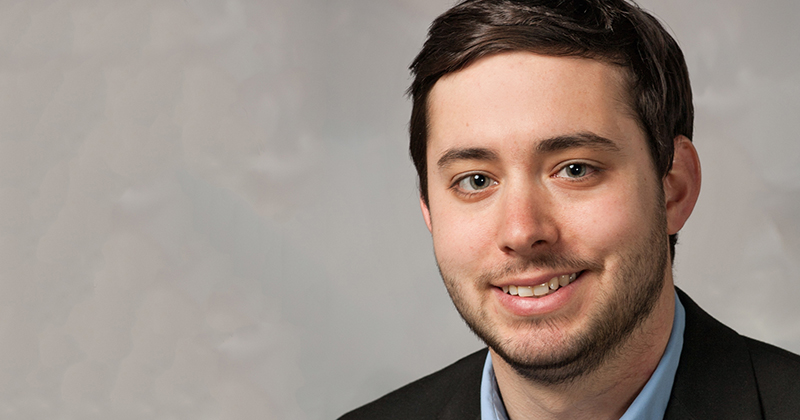On Wednesday, March 3, 2022, the Queens Podcast Lab (QPL) hosted Brian Rosenthal, a 2020 Pulitzer Prize-winning investigative reporter for the New York Times. The event was moderated by Professor Joseph Cohen of the Queens College Sociology department and was attended by both professors and students. The event, though lasting only an hour, covered many topics including advice for young college students aiming to work in journalism.
The event began with Mr. Rosenthal introducing himself, his background, and how he got into journalism. Rosenthal was raised in Indiana and participated in many extracurricular activities to boost his chances of getting into a top college. One of those extracurricular activities included joining the school paper which instilled a passion in him for news writing. At Northwestern University, he became the editor of the school paper and would establish an investigations desk. He highlights a journalistic coup as the uncovering of a secret society at the school, The Daily Northwestern.
After college, his career soon took him across the country from the Seattle Times to the Houston Chronicle. While discussing his time at the Houston Chronicle, Rosenthal discussed a key aspect of journalism, it has an impact, and it matters. One of his most important and impactful works was in the making for months. After receiving a tip, Rosenthal would spend a year investigating the denial of special education services to children with disabilities. That story would have such an impact that laws would be changed in special education in the state of Texas. They were funded to the tune of 3 billion more dollars; it would also earn Rosenthal a Pulitzer nomination.
After his big story in Texas, Rosenthal was offered a spot at the New York Times and now he works as an investigative reporter on the Metro Desk writing stories regarding both New York City and New York state. Rosenthal would spend roughly a year and a half investigating and writing a story for the New York Times regarding the taxi medallion systemand corruption in New York City. The story revealed the deep problems within an institution in New York City and would earn Rosenthal his first Pulitzer.
The long 18-month investigative reporting by Rosenthal reminded Professor Holly Rogers, another participant in the meeting, of academic work. She highlighted the long slog of journalism needed to get accurate facts and reputable sources before publishing one’s story. She also spoke about the pay-off of undertaking such monumental tasks. She states . “It takes more time to do than most people think it will, but when you get it right, it is thrilling.”
Following this conversation when asked, “What qualities make a good reporter?” Rosenthal answered that journalism is a field that allows for multiple different people, whether it be data-oriented people or those more comfortable in archives or during an interview. Cohen also encouraged those interested in journalism to reach out to as many people as needed when writing a story saying, “When you read the story, you don’t read about the 100 calls that failed.”
Speaking to Jason Tougaw, a Professor at the Queens College English department and faculty advisor for The Knight News, he highlighted Cohen’s advice on the importance of contacts and networking in journalism. He pointed out how many of Cohens’ future jobs working for newspapers stemmed from relationships he had cultivated in internships during college, mentioning , “Those relationships led to opportunities later.” Rosenthal also noted that a lot of journalism is based on the people that you know and the work that you put out there.
Rosenthal made sure to highlight the positives of student journalists. He pointed out that they can get interviews without the worry of getting asked “What paper do you write for?” which allows for greater access. However, the most remarkable takeaway from his event to me was the very real impact that journalism still has on our society. The stories written by Rosenthal were able to both uncover, and most importantly, change the lives of thousands. The event hosted by the Queens Podcast Lab allowed for both professors and students like me to discuss and positively learn about journalism.











